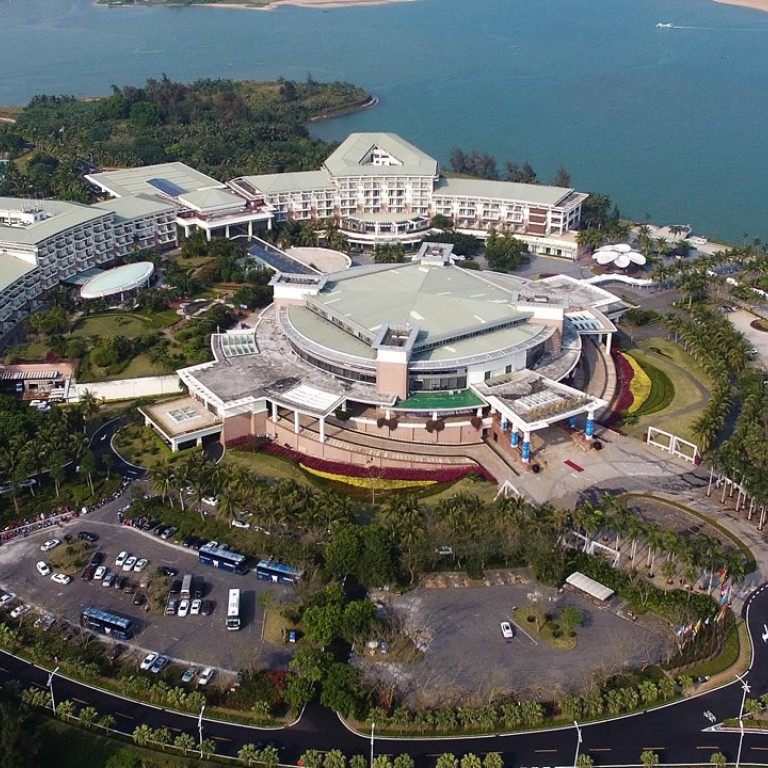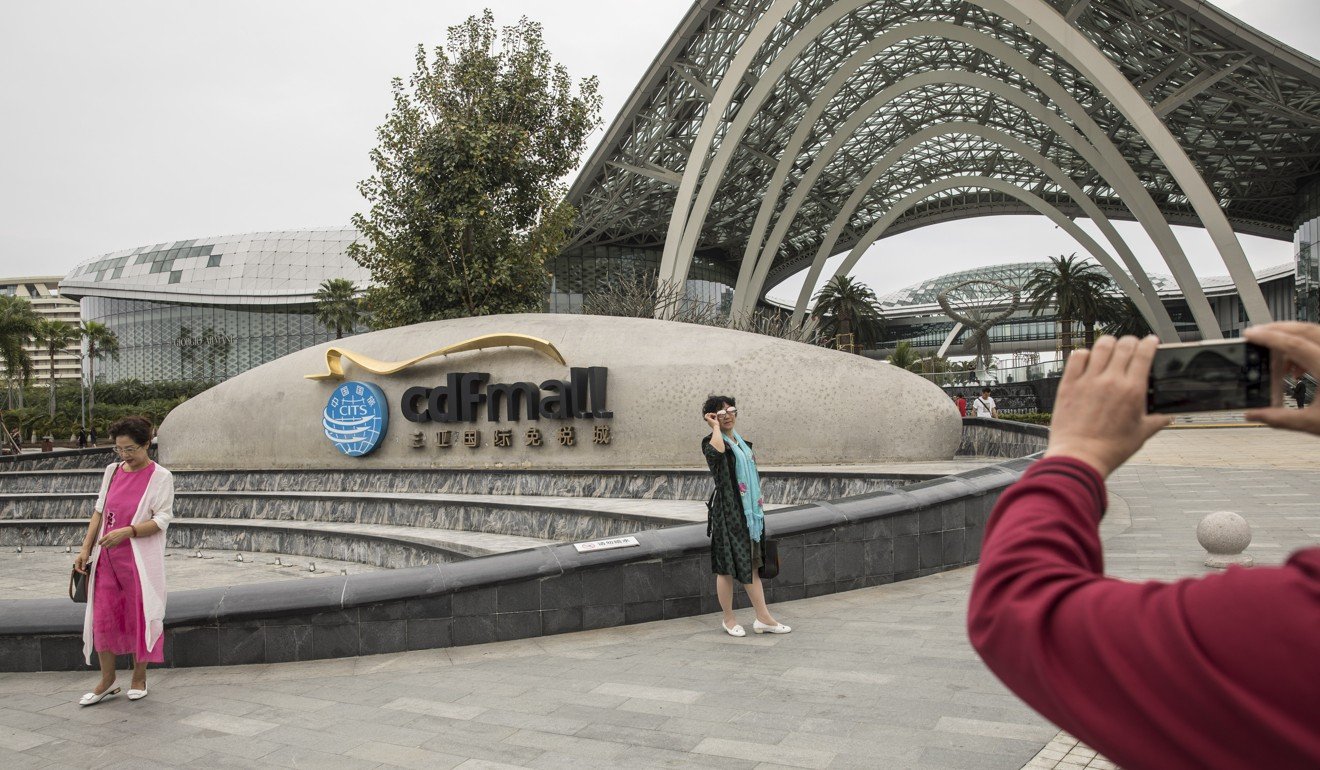
Can President Xi Jinping convince the world at Asia’s Davos that China really is open for business?
Beijing will be hoping to bolster ties amid rising trade tensions with Washington, but analysts are unsure if it can deliver anything concrete
President Xi Jinping will be keen to show the world that China’s reform and opening up policy remains on track, and that the country is open for business when he addresses the Boao Forum for Asia on Tuesday, but analysts’ opinions are mixed on whether he can pull it off, as trade tensions between Beijing and Washington continue to simmer.
Shaun Rein, the founder of the China Market Research Group, said this year’s event was more significant than ever because of the “potential for a massive trade war between the US and China”.
“And there is a lot of concern about whether China is going to be open for foreign business, and what [incentives] it might dole out to Europe and Asia as a way to keep the US down,” he said.
There is a lot of concern about whether China is going to be open for foreign business, and what [incentives] it might dole out to Europe and Asia as a way to keep the US down
The Boao Forum, which has been held annually since 2002 in the island province of Hainan – sometimes referred to as China’s Hawaii – will provide a platform for China to win support from other nations amid its escalating trade dispute with the United States.
Among the world leaders attending the event, which is known as Asia’s Davos, are Singaporean Prime Minister Lee Hsein-loong, Austrian President Alexander Van der Bellen, Dutch Prime Minister Mark Rutte, Pakistani Prime Minister Shahid Khaqan Abbasi, Philippine President Rodrigo Duterte and Mongolian Prime Minister Ukhnaa Khurelsukh.
United Nations Secretary General Antonio Guterres and International Monetary Fund managing director Christine Lagarde will also attend.
Rein, who is also the author of The War for China’s Wallet, said he expected China to try and lure countries attending Boao with “sweeteners”, adding that he expected there to be a spike in new trade deals between China and its guests as Beijing sought to show the world that it did not need the US.
“There is an opportunity for Xi to show that it’s business as normal, and calm a market that has been stirred up by what Trump is doing,” he said.
One such “sweetener” could be the announcement by Xi of concrete plans to set up new free-trade ports, a proposal that was first aired in October. The facilities, one of which could well be in Hainan, would have greater autonomy, more economic freedom and provide easier access to China’s markets for foreign companies, according to earlier reports.
The tit-for-tat trade dispute between China and the US is showing no signs of stopping. On Thursday, Washington threatened to impose hefty tariffs on a further US$50 billion worth of goods it imports from China, while Beijing hit back by saying it would protect its interests “at any cost”.
In a tweet on Monday, US President Donald Trump described its trading relationship with China as “stupid”.
“When a car is sent to the United States from China, there is a Tariff to be paid of 2 1/2%. When a car is sent to China from the United States, there is a Tariff to be paid of 25%. Does that sound like free or fair trade. No, it sounds like STUPID TRADE – going on for years!”
Zhou Wenzhong, general secretary of the Boao Forum said that at a time when globalisation was facing great challenges, the event provided an opportunity for academics, businesspeople and politicians to exchange opinions and expertise.
“We hope those taking part will take back the consensus [reached] to their countries, and [use it to] influence their governments and policies,” he said.
China’s leaders were keen to promote the nation’s free-trade agenda even before the conference got under way.
On Sunday, China’s Foreign Minister Wang Yi met his Singaporean counterpart, Vivian Balakrishnan, in Beijing. The two men committed to increasing cooperation in the fight against protectionism and maintaining the global trading system with the World Trade Organisation at its core.
Meanwhile, China’s Vice-President Wang Qishan told Singapore’s Prime Minister Lee Hsien Loong that the two countries were “old friends” and that cooperation between them had a “strategic value”.
Lin Guijun, vice-president of the University of International Business and Economics in Beijing, said the Boao Forum would provide an opportunity for Beijing to send a message to the world amid the backdrop of rising protectionism.
“China should make clear its position and make a contribution to global growth,” he said.

But Christopher Balding, an associate professor of business and economics at the HSBC Business School in the south China city of Shenzhen, was less optimistic, saying that previous events showed that while many things were discussed in Hainan, few concrete changes ever came out of it.
“Basically everything China does every year gets a little more attention, and because of all the trade tension this year it is getting even more attention,” he said.
“[Xi] wants to say that China is very open, ready for investments, but at the same time he is basically going to say that we are not going to change anything or do anything different for the US. If you look at a lot of these speeches over time they are pretty much the same.”
Though even that might be enough for Beijing to win some support, he said.
“It won’t surprise anyone if [people leave] saying that China is more open, but that is clearly just the effect of the propaganda.”

